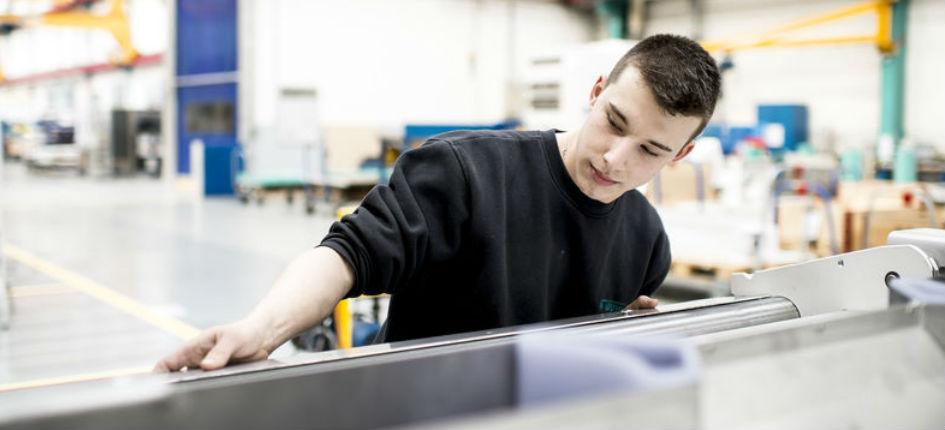The Korean machinery industry has declined in respect to imports and exports, except for the machine tool industry. It is expected to grow at a CAGR of 9.46% until 2019, and its size is expected to reach about CHF 16 billion. Thanks to the growth of the Korean automobile, electronics, and machinery industries, the demand for investment of equipment and facilities in these fields is also skyrocketing. It is known that the semiconductor industry and the display industry are leading Korean facility investment, and particularly the semiconductor industry invested about USD 40 billion in 2017.
The machine tool imports from Switzerland reached as much as USD 82 million in 2016, about 7% of total imports. Many Swiss machine tools are sold in the category of the high-speed multi-tasking machining system sector, such as CNC machining centers. In the future, machine tools are expected to generate added value in the direction of complexity, hybridization, and intelligence. Due to the demand of customers’ product changes with small quantity batch production from mass production, Swiss companies should pay attention to this trend in Korea. In mid to long term, it is important to focus on industries such as aerospace, medical and biotechnology where the production of small quantities of products will be the primary focus
High-speed multitasking machining systems are being used to achieve the goal of maximizing the efficiency of the machining process. This market holds the largest portion of the entire machine tool market. As of 2019, it accounts for about 50%, and it is growing faster than the growth rate of the entire machine tools market (9.46%). In relation to high-end products such as precision machining equipment and grinding machines, Japan, Germany and Switzerland are competing in the Korean market, where sales of Korean domestic products amount to 31%. This report also describes the demand for high-speed multitasking machining system technology in more detail in Chapter 4.
As the production of small quantities of various items is expanding, it is expected that there will be more demand for the parts made by cutting with machine tools or by printing with additive manufacturing than the parts made in molding. Therefore, the possibility of 3D printing is high in future, although the current market is in its early stage.
The Korean robotics market is expected to grow to as much as CHF 4 billion by 2019. The application of industrial robots in Korea is ranked second in the world by utilizing about 40,000 robots in 2015. This is the second largest such usage in the world, but it is the world's largest robot density (the number of industrial robots per 10,000 workers), which relates to robot dependence in the industry. In the future, the number of smart factories is expected to increase further due to developments in the Internet of Things and cloud computing, therefore, the industrial robot market in Korea is expected to grow further. In particular, demand for collaborative robots that work with humans in the industrial field is expected to increase.
This industry report gives an overview of industry prospects in Korea, the machine tool market, high-speed multitasking machining systems, the 3D printing industry and the robotics industry. It concludes with recommendations for Swiss companies in Korea, and includes information on public procurement processes in Korea.




